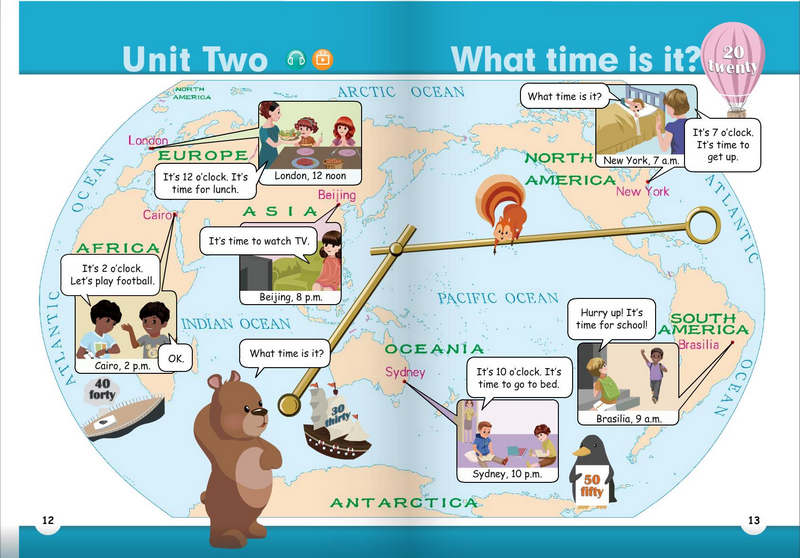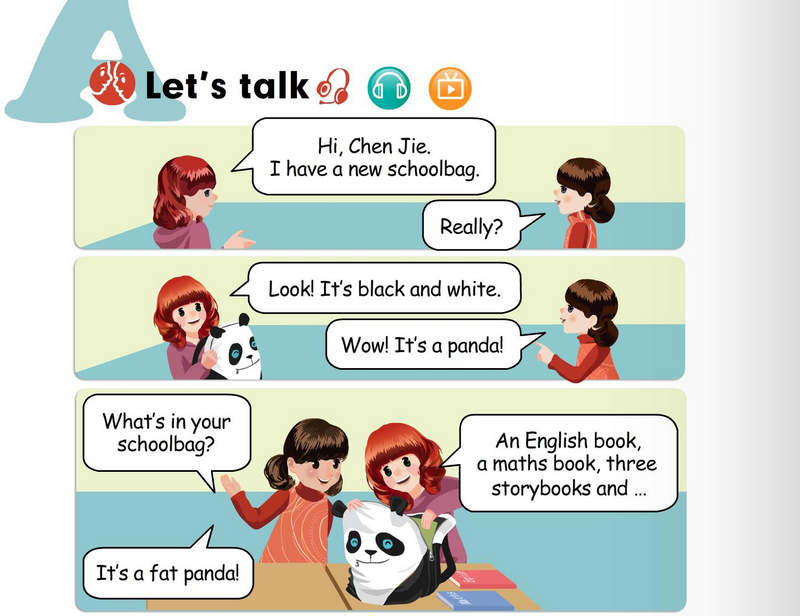小升初英语总复习之基础语法
二十、一般将来时
1.一般将来时表示将要发生的动作或存在的状态及打算、计划或准备做某事。
常 常与tomorrow, next Sunday 等时间状语连用。
2.基本结构:
(1)be going to do sth.
(2)will do sth.
3.否定句:
在be 动词(am, is, are, was, were)或will 后加not。
4.一般疑问句:
把be 动词或will 提到句首,some 改为any, and 改为or,第一、 二人称互换。
二十一、现在完成时
1.表示过去发生的某一动作对现在造成的影响或结果,常与一些时间状语,
如:already, yet, ever, never, just, before, once, twice (次数)等连用,
也可以和包括现在在内的时间状语,如these days, today, recently, this year, so far(=by now)等连用.
2.基本结构:
助动词have/has + 动词的过去分词 e.g. I have already posted the letter.
二十二、some /any
肯定句:I have some toys in my bedroom.
一般疑问句和否定句中:Do you have any brothers or sisters? He doesn’t have any pencils in his pencil case.
表示建议、请求等:Would you like some juice? Can I have some stamps?
二十三、祈使句
Sit down, please. Don’t open the door.. Let’s go to the park.





